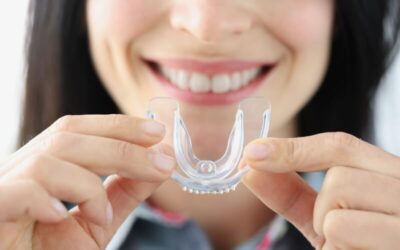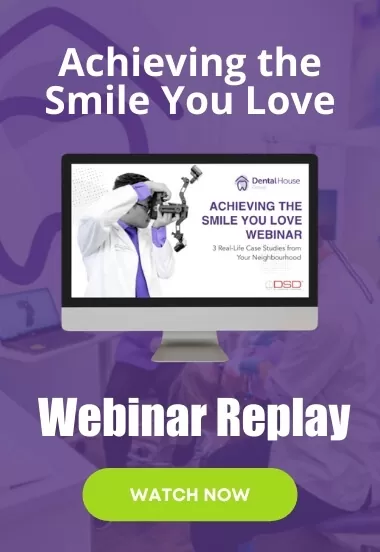Effects of Chewing Gum on Your Teeth
Effects of Chewing Gum on Your Teeth
IS CHEWING GUM GOOD FOR YOUR TEETH?
The answer is yes if it is the right kind. Chewing gum can help prevent tooth decay, as long as you choose sugarless gum. Chewing gum causes your mouth to produce more saliva, which helps neutralize and rinse away some of the acids that form in your mouth when you break down food. So, if you chew gum after a meal, you may be helping to protect your teeth and promote oral health. Also, the minerals generated by the extra saliva can even help strengthen your tooth enamel, which also reduces your risk of a dental cavity.
IS SUGAR-FREE GUM BAD FOR YOUR TEETH?
Parents can share this oral care hint with children and teens, who often chew gum. Just be sure that they choose sugarless gum, not a sugary bubble gum, which can have the opposite effect and contribute to the buildup of plaque on teeth. So, if you are uncertain about which gum is best for promoting oral health, look for a sugarless gum for yourself or your family members. But remember (and remind children) that gum-chewing, even sugarless gum, is not a substitute for a regular oral care routine of twice-daily tooth brushing and daily proper flossing with quality dental care products.
More Dental Articles
Red, Red Wine: Is It Beneficial For Oral Health?
Is red, red wine beneficial for our oral health? Or does it just feel good at the time & if you overdo it you feel like cr*p the next morning…
Detecting Oral Cancer Is Given The Brush
In 2020, Oral Cancer accounted for almost 380,000 cases, and 180,000 deaths globally. It’s on the increase with diagnosis incidents…
Could The Surge In Pneumonia In Children Be Related To Their Teeth Brushing?
Kids and teenagers are not self-maintaining, and nor is their oral health. Teeth brushing: spend time with it frequently…
What Is Dental Sleep Medicine? It’s Not Sleep Dentistry
Dental Sleep Medicine is the intersection of dentistry with issues affecting sleep. Snoring, sleep apnoea, & related breathing disorders…













